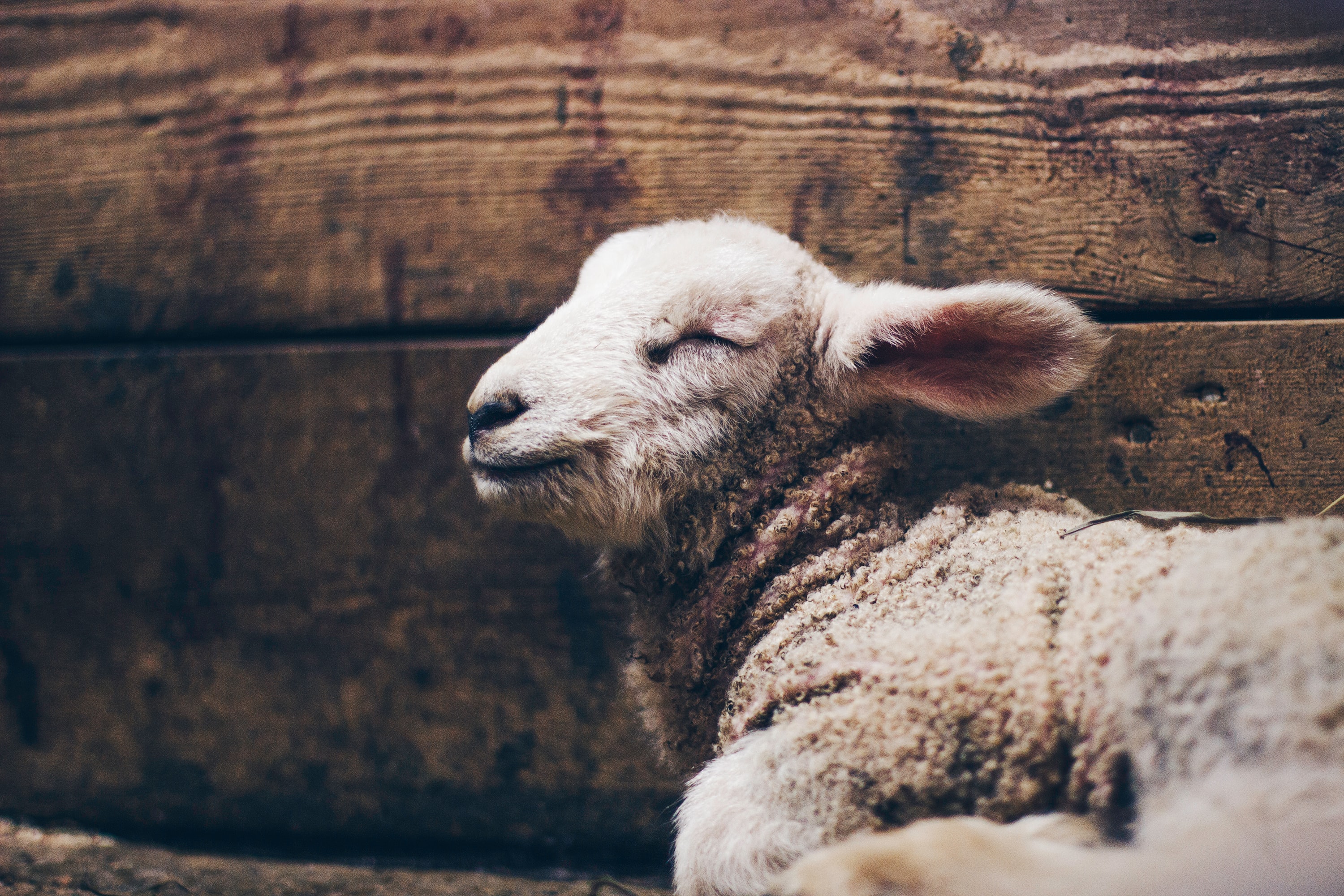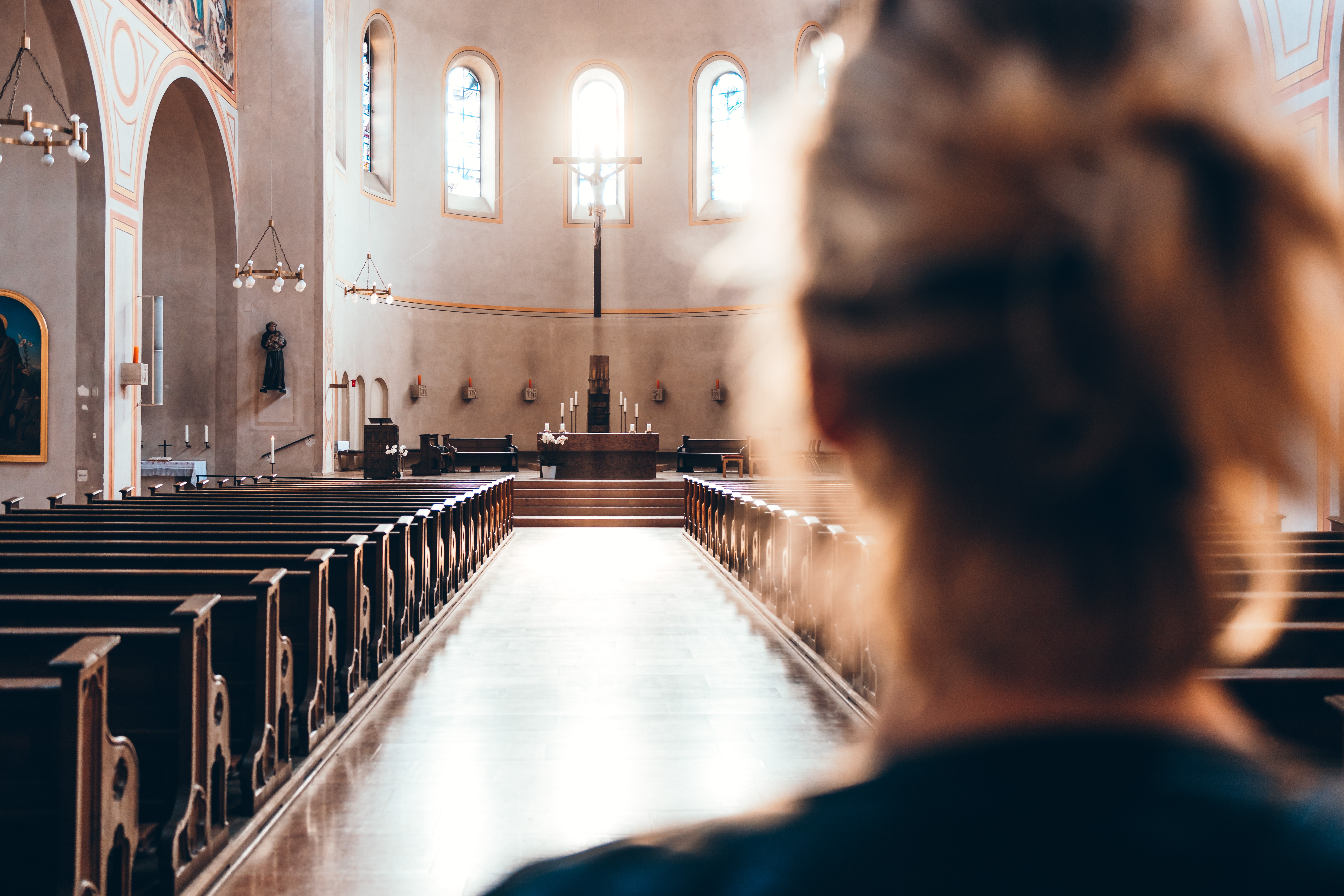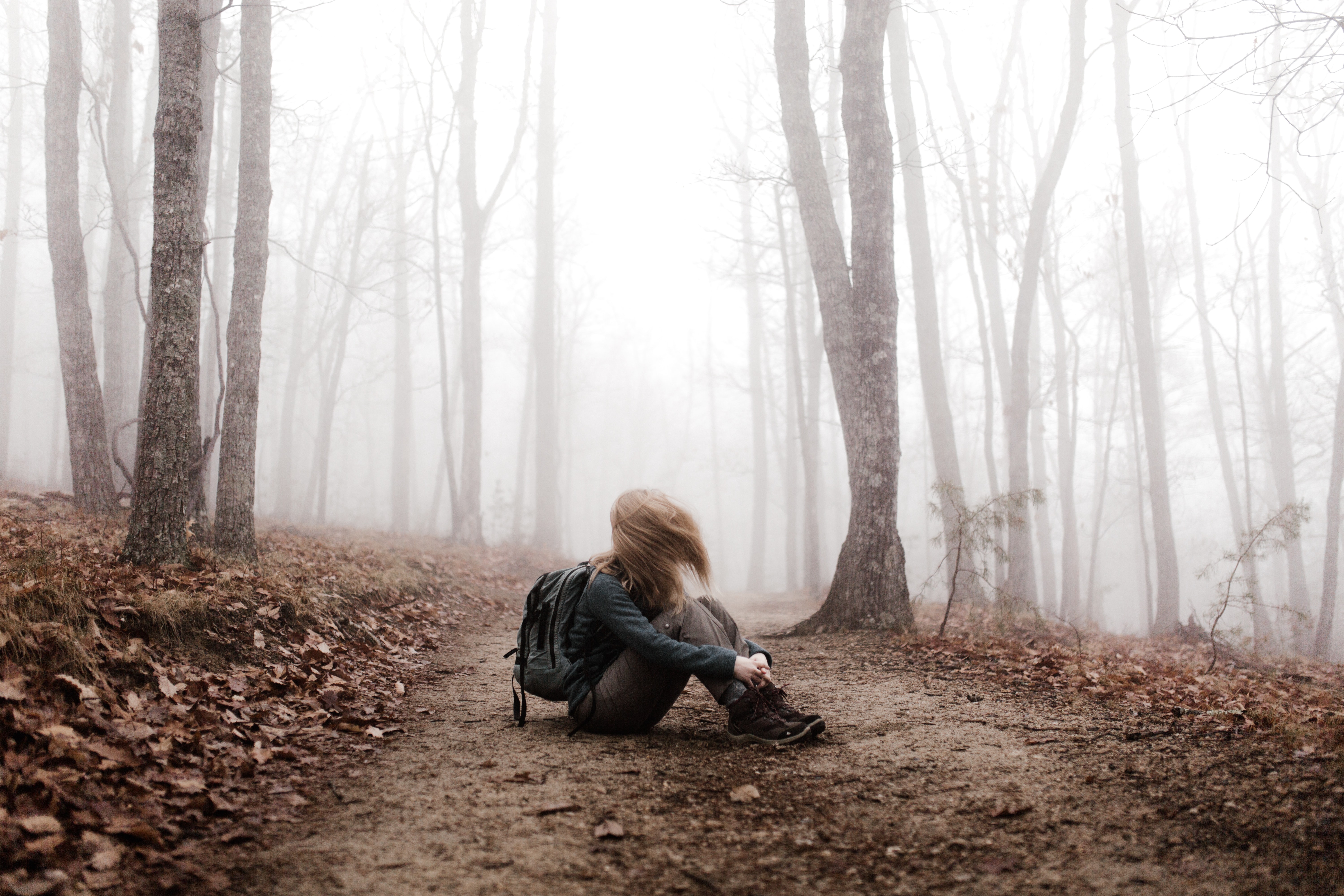Recently I shared about how COVID-19 disrupted our second attempt at a honeymoon, exactly one year after it disrupted both our first attempt at a honeymoon and our wedding. We got a lot of sympathy. I think people really empathised with our experience of things not going to plan.
Sure, it sucks big time and there were moments where the setbacks have felt devastating. There’s much that didn’t work out as we’d hoped this past year. But has anything ever actually gone to plan for me? I’m not sure it has, not in my adult life. What I’m starting to see is that I don’t think I really wanted it to, either.
My childhood plan

When I was 10 or 11, I thought my future involved doing a three-year accounting degree, marrying at 24 and having the first of two children at 27. (I suspect I wanted to literally get one up on my mother, who did a four-year law degree, married at 25 and had the first of two children at 28).
But when I turned 18, I wasn’t even sure I wanted to go to uni. I didn’t want to go down the well-worn path of uni, public service job, marriage, house and kids. I didn’t want well-worn.
What actually happened
In the end, I did go to uni and I stayed until I was 24. Then I spent three of the next four years in South America. I didn’t have a paid 9-5 job till I was 28. I was 34 by the time I got married and there’s no house or kids on the horizon.
There have been times where I’ve felt like I wasted the “best years of my life”, while my peers built careers, homes and families. But deep down, I don’t believe this at all. I won’t say it was easier because in many ways it was the high road. Nor will I say I regret nothing: if I had a do-over, I’d probably get out of uni sooner and spend one more year in Bolivia.
The point is that I could never have designed this life for myself. And I would not be where I am today if my childhood plan had been successful.
Plans are necessary – I mean, you can’t not plan a wedding. The danger is that planning can give us the illusion that we’re in control of our lives. The rhythm of life is full of the making and unmaking of our plans, and we could probably be better at the latter.
We have the opportunity to learn and re-learn three valuable lessons each time life doesn’t progress as we expect. I hope these are both a challenge and an encouragement for you, in those moments where you feel like your carefully laid plans are unravelling.
Lesson 1: Humility
A failed plan dispels our illusion of control. Even those of us who quote the proverb “A man’s heart plans his way, But the Lord directs his steps.” (Proverbs 16:9) still feel the sting when God’s direction is different from our heart’s.
Some plans run so deep they turn into assumptions and expectations we don’t even know we carry. It can be confronting to see how tightly we’d held on to these.
It’s humbling to realise we do not, in fact, have as much power over our lives as we like to think. We can glean some perspective when our soul is put in its place. This is a painful but purifying process.

Lesson 2: Openness
Being shaken in this way can lead us to have a more open mind. As we continue moving forwards despite setbacks, we might come to realise our thinking was too narrow. The thwarted plan actually opens up possibilities we may never have considered.
When we’re forced by circumstances to let go of that idea, that desire, our hands are free to hold something else, do something else.

Lesson 3: Intimacy
Together, our newfound humility and openness creates space for intimacy. How? I’ve experienced this in a couple of ways.
Firstly, the crushing setback of disrupted dreams can often nudge us towards seeking (or at least receiving) support from those around us. Our struggles helped my husband and me to depend more on each other, and on our family and friends. Going through tough times together fostered a special kind of intimacy in our marriage.
Secondly, the reminder that we’re not in control of our lives and that there is more also nudges us back to God. We pray more when things are tough than when it’s smooth sailing, right?
When we recognise our illusions as illusions, we also will recognise the first outlines of prayer.
Henri Nouwen, Reaching Out
So there is also a spiritual intimacy that we can enter into when we’re forced to let go of our plans and self-sufficiency.

*
None of this changes the fact that some surprises just suck. There is no particular silver lining to my husband getting COVID on our first anniversary, during our honeymoon, and suffering alone for the next week. I grieve that.
But instead of turning to anger, frustration or despair, we can choose to be humbled, be open and draw near to each other and to God.
Header image: Andrew Neel.




2 comments
Love this Hsu – Ann. It has been my experience too – my deepest levels of transformation and intimacy with God and with Andrew have occurred when it seemed like everything was going to custard. Plus there is more to come – we can bank on it. The illusion we have of control over our lives is far truer than we are usually prepared to admit. I hope R is feeling better now. Love to you both.
Thanks, Jenny! I have so appreciated your wisdom and hearing what you’ve learned in your years of marriage 🙂